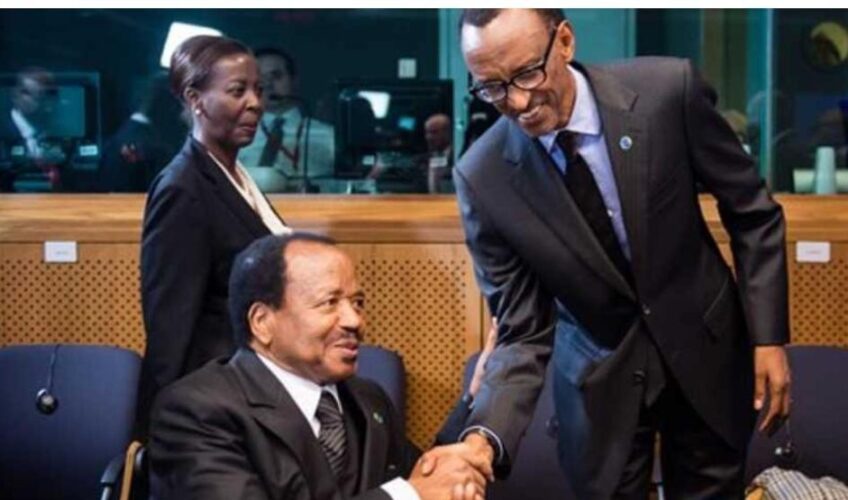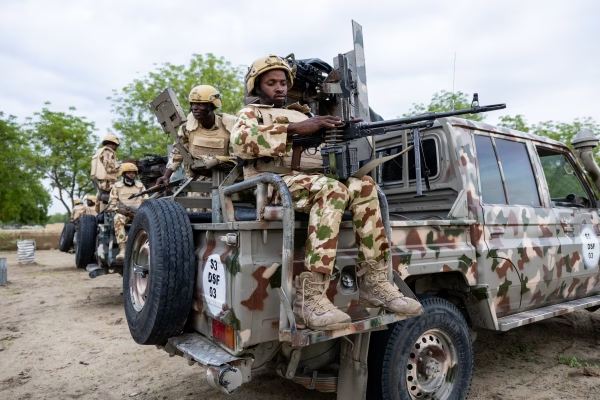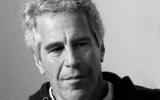As political upheaval spreads across the African continent, several leaders are taking proactive measures to bolster their positions amidst growing concerns of coups and instability. Recent moves by Presidents Paul Biya of Cameroon and Paul Kagame of Rwanda to reshuffle their defence portfolios highlight the delicate balancing act these leaders are engaged in to ensure their regimes’ longevity.
Cameroon’s Defence Reshuffle
Cameroon’s President Paul Biya, who ascended to power through a coup in 1982, made significant changes to his country’s defence ministry in a bid to reassert his authority. The reshuffle saw key posts, including the presidency’s delegate in charge of defence, air force staff, navy, and police, being rearranged. Despite permitting multiparty elections in the later years of his rule, Biya’s three-decade tenure has been marked by allegations of oppression and human rights violations.
Rwanda’s Calculated Moves
In a similar vein, Rwanda’s President Paul Kagame, who has been in power since 2000, recently approved the retirement of 83 senior officers from the defence force. Simultaneously, he promoted and appointed new officers to key positions. Kagame’s actions come in the backdrop of recent developments, where soldiers seized power in Gabon and raised concerns about the longevity of entrenched regimes. Kagame’s decision to reshape his military leadership reflects a strategy to stay ahead of potential challenges and maintain his strong grip on power.
Unrest in the African Landscape
Gabon’s recent coup, which unseated President Ali Bongo’s family after a 53-year rule, exemplifies the fragility of entrenched power structures. Bongo had just been re-elected to a third term, an outcome disputed by the opposition as fraudulent. The political landscape across Africa has seen both prolonged presidencies and sudden shifts, with leaders such as Biya and Kagame aiming to find a delicate equilibrium between maintaining their authority and averting the unpredictable tides of public sentiment.
The recent reshuffling of defence portfolios by Presidents Paul Biya of Cameroon and Paul Kagame of Rwanda raises poignant questions about the lengths to which leaders are willing to go to maintain their hold on power. Biya, who took power through a coup and has remained at the helm for over three decades, and Kagame, whose presidency has surpassed two decades, appear to be rearranging their military structures out of a desire to stave off any potential threats to their authority. However, these moves also cast a spotlight on their apparent reluctance to relinquish power gracefully, reflecting a deeper concern for personal retention rather than a commitment to the growth and well-being of their nations.
However, whether these strategies will ultimately prove successful in the ever-evolving political landscape remains uncertain.














